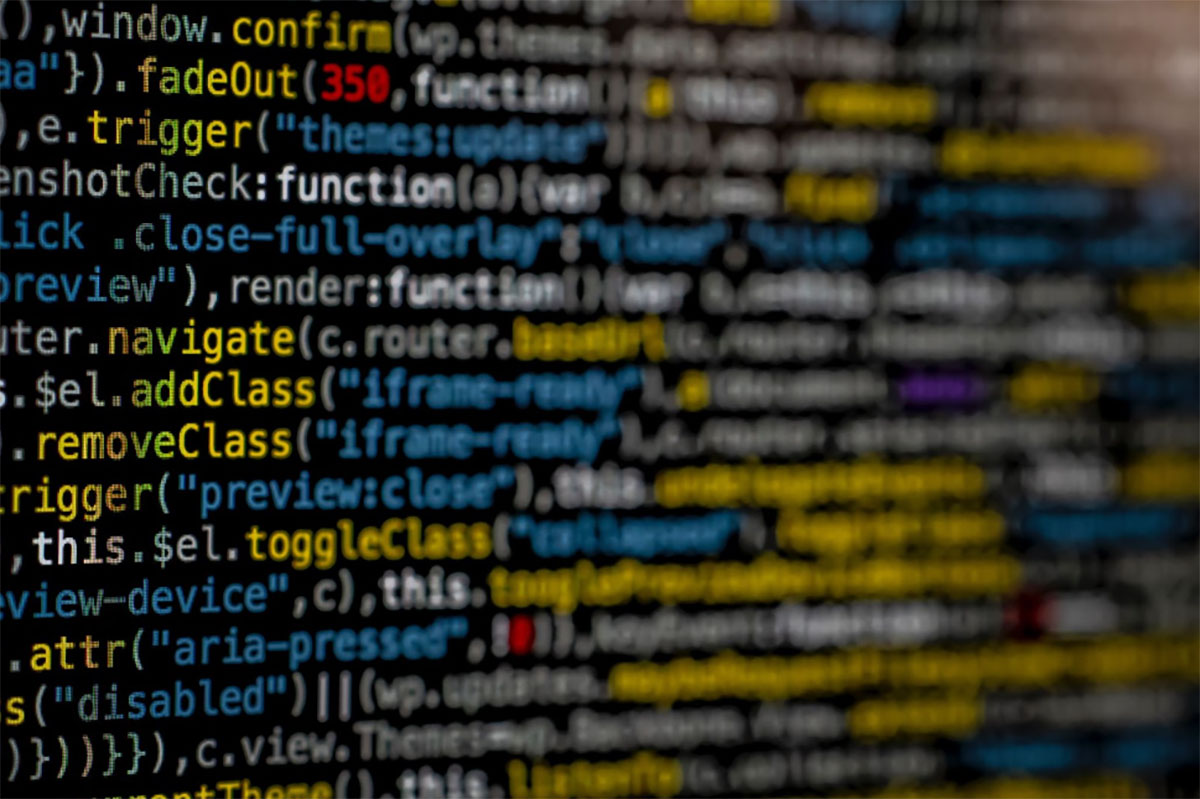We live in a digitally connected world and even online we are not immune to crimes and security issues. That’s why neglecting cyber hygiene or paying little attention to online behavior can have serious consequences. If you’ve ever been the victim of some sort of cybercrime or hack you probably understand the implications, which can range from anything to some leaked information all the way to stolen funds.

But with the right information, you can be safeguarded from attackers just like you would by installing a security system for your house or business. It can also help you keep your family and friends, if this is something you are passionate about you might even choose to take it further and study the online Masters in Cybersecurity. Let’s take a look at some of the habits you can implement today to be more safe and responsible online.
Use Strong Passwords and Two-Factor Authentication for all your Online Accounts
The first and most basic thing you can do is look at your password hygiene, the easiest methods of entry into personal information include unauthorized access to important accounts. You can easily circumvent this by creating complex and strong passwords that are impossible to guess or hack, there are multiple programs online that can also manage passwords, making it easier to remember multiple logins. Also, ensure that you’re not using the same password for multiple accounts as an added measure.
Another thing that has become more prevalent across online companies is the mandatory implementation of two-factor authentication. This is an added security measure that works by asking for a code on another device alongside your password. It is an added layer of security that means even if someone has found your password they might not be able to login without the authentication as well.
Be Aware of Phishing Emails and Don’t Click on Links from Unknown Sources
While these types of emails have been around forever they still exist and phishing emails are rather common in the world of cybercrime. Phishing emails are essentially fake emails sent to large amounts of individuals that contain links that are designed to steal personal information, hack computers or install malicious programs. But they do rely on some sort of action from the reader, so if you know what to look out for and exercise caution then it’s unlikely you’ll be a victim of this cybercrime.
Some things you can do to ensure that you’re not a victim include checking the email address and domain of the sender (if they’re not an official source then it’s a no-go) also grammatical errors, poor spelling and poor layout are red flags. Keep an eye on all of these things and you’ll dramatically reduce your chances of being hacked.
Regularly Update all Software Programs on Your Devices
Regularly updating your software and applications is not only important to keep them running with the latest features. Something that many people severely overlook is the security advantages of keeping things up to date. The reason why many developers might need to implement updates is to fix any security leaks with the software and speed is of the essence. Many hackers rely on getting through before the updates are implemented so by not updating your software you could be leaving security risk on the table.
Install Antivirus and Firewall Protection for Malware, Viruses, and Hacking Attempts
Not a whole lot of people today are super concerned about installing anti-virus, especially for Apple products as the in-built security is quite robust. But, in reality, it is still better to be safe than sorry and there are many antivirus protection products on the market no matter what kind of device you’re using. They work hand in hand to detect and neutralize threats, you can initiate a system scan to see if any breaches have occurred as well as block unauthorized access to your computer system. It might not be an absolute necessity but it’s certainly a valuable toolkit in online security.
Conclusion
Ultimately, keeping your online security up to scratch is not as difficult as it sounds. There’s no silver bullet or safe haven in the world of internet security and there are always going to be those trying to break through any security measures you have in place. But with a keen eye, regular maintenance and some good old-fashioned common sense, you can keep yourself secure from the most frequent malicious attacks.









